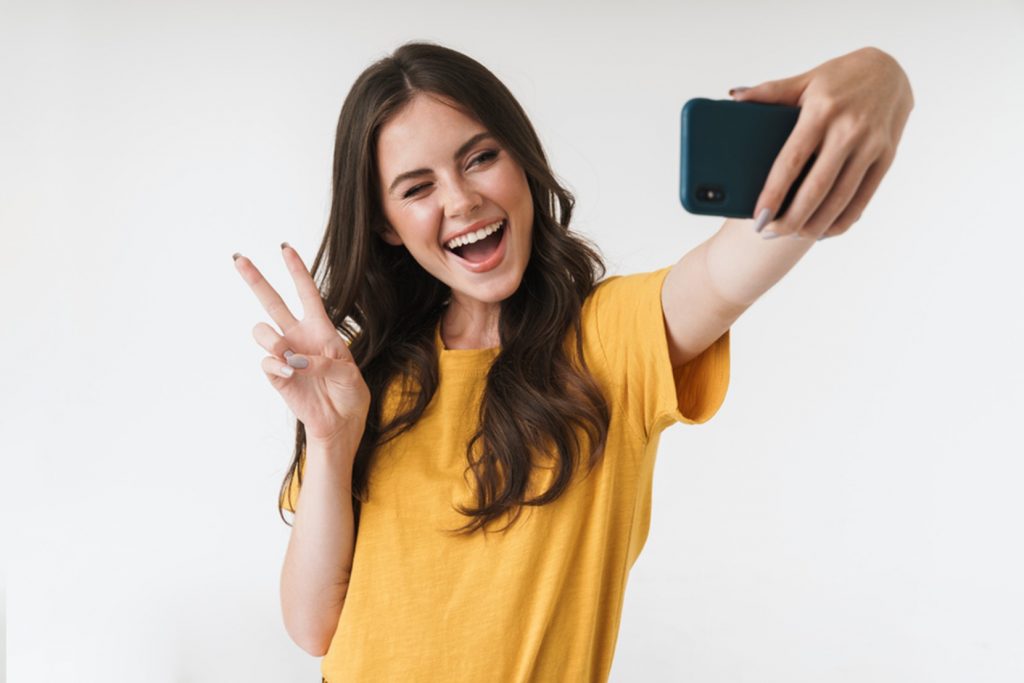
In this day and age, where selfies are a regular thing and the online personalities we maintain have become a part of our daily lives, using beauty filters is normal.
From popular social media platforms such as Instagram to Snapchat to dating and messaging apps, these filters offer the irresistible allure of blemish-free skin, radiant eyes, refined nose, and chiselled features – all just a few taps away.
However, while they are fun, excessive and persistent use of beauty filters may have deeper repercussions that many may not realise.
The Appeal of Beauty Filters
Beauty filters answer our basic vanity trait of wanting to present and look our best to others, especially online. There are a few reasons why beauty filters appeal to many, including:
Instant gratification: Beauty filters offer a quick boost on our appearance before posting a selfie or photo online. They are a fast and easy editing feature that many people use when digitally sharing images online so that our looks align with our perception of beauty.
Professional image: Many influencers and public figures use filters on their photos to cosmetically enhance their appearance and maintain their image as part of their online branding strategy.
Artistic expression: Some use beauty filters as a form of artistic expression, in order to share and display their creativity to their online audience.
The Hidden Dangers of Beauty Filters
Over-reliance on beauty filters may have some negative effects, harmless as they may seem. Here are a few ways they can cause harm to users:
Distorted self-image: Over time, the constant application of filters can warp self-perception, inducing feelings of insufficiency and insecurity when faced with “unfiltered” images.
Dysmorphia disorder: Some individuals may seek cosmetic alterations to emulate their digitally filtered images, in a phenomenon called Snapchat dysmorphia – which stems from the need to heavily edit one’s own image.
Inauthentic self: Presenting heavily filtered or unrealistic images may be a barrier to developing genuine connections with others online, especially when used in dating apps.
Impact on self-worth: Some may start to equate their self-worth with the validation they receive online when they post their filtered images. This may affect their standards of beauty and their self-esteem when the reality does not measure up.
The Responsible Use of Beauty Filters
As with most technology, digital filters are best used in moderation. Here are ways to maintain a healthy pattern of usage:
Use it intermittently: Instead of habitually applying filters, try using them sparingly. Instead, use natural photos with little to no filters.
Get reality checks: While there is nothing wrong with trying to present your best self, it is important to be grounded in reality. Accept yourself, and all the beauty and flaws you see in the mirror.
Think critically: If you are a parent or a mentor, open communication channels about digital realities and self-worth with younger ones so they can be educated about its usage and effects.
Do a detox: If you find yourself heavily relying on filters for online validation, consider taking a break from social media and doing a digital detox, or have other outlets where you can be your natural, unfiltered self.
By being mindful of our use of beauty filters, we can enhance, not overshadow, our authentic selves.